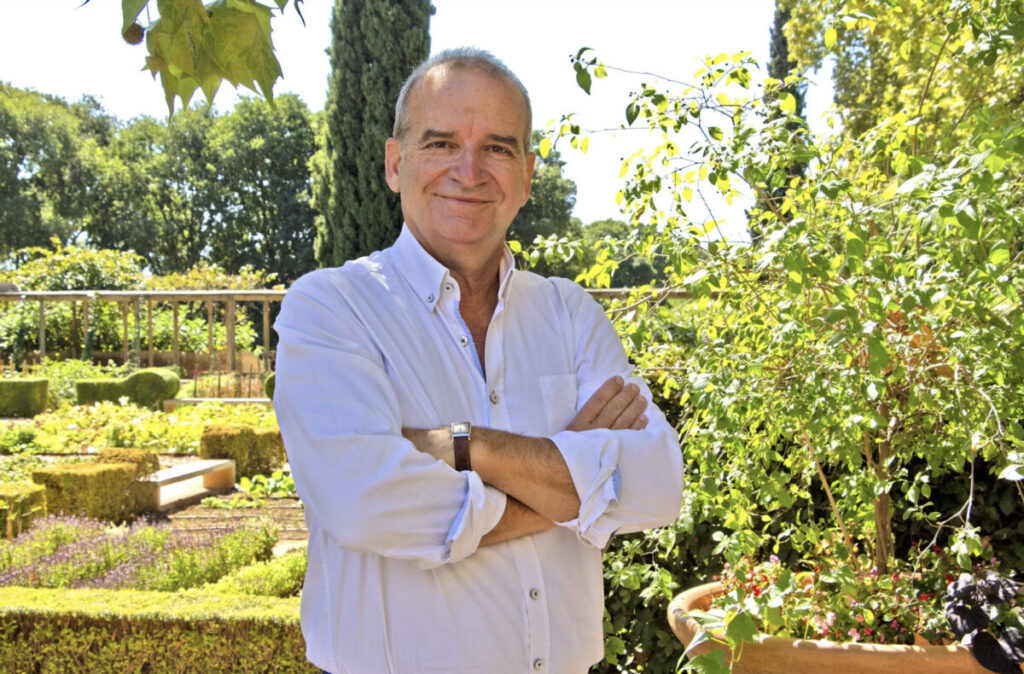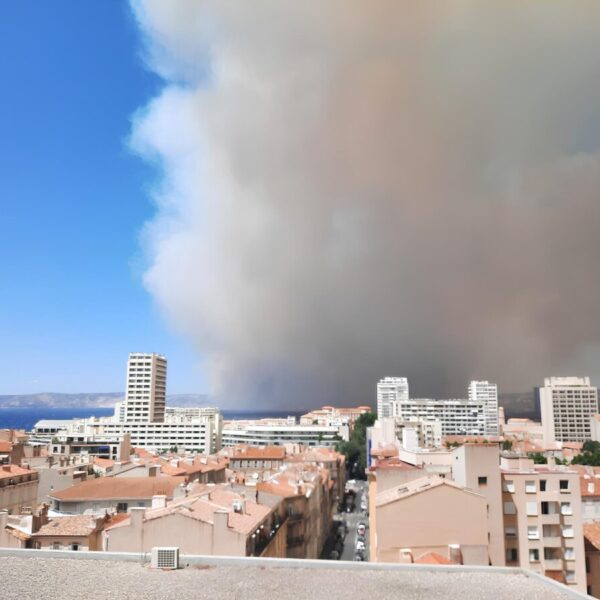In the face of heatwaves, droughts, or intensifying fires, Mediterranean cities must rethink their models to adapt to climate upheavals. In La Valette-du-Var, near Toulon, this transition involves greening, sustainable development, and especially the active participation of residents, as part of a unique experiment conducted with the NEEDE association.
By Olivier Martocq - journalist
Mediterranean cities, subjected to an increasingly extreme climate, have no choice: they must anticipate, adapt, and above all involve their residents in building sustainable solutions. In La Valette-du-Var, a municipality of 23,000 residents nestled at the foot of the Coudon massif, Mayor Thierry Albertini has made this a central focus of his term. Since 2022, the city has integrated the United Nations Sustainable Development Goals (SDGs) into its municipal projects. This direction allows it to structure an ambitious local policy for ecological transition. “La Valette-du-Var is committed to a comprehensive approach,” insists the elected official, who claims a series of concrete actions: over 7,000 trees planted in urban areas, sustainable schools certified as Mediterranean Sustainable Buildings, optimized management of drinking water (with a yield rate of 93%), and even a retention basin transformed into a park during dry periods, crowned by the Ecological Transition Award from the Association of Mayors of France. In addition to this foundational strategy, visible daily actions are being implemented: green squares, eco-friendly Urbalith bike paths, and awareness campaigns in schools through the Watty or Écopousse programs. “These are all small milestones that strengthen our resilience,” explains the mayor.
The (RE)generations Experiment: Co-constructing the City of Tomorrow
But one of the most innovative experiments conducted in recent months is the (re)generations program, launched with Neede, which specializes in supporting territories and populations in ecological transitions. The goal: to create a space for collective reflection on the city of tomorrow, bringing together diverse audiences — children from the municipal council, seniors from the council of elders, local associations, economic actors, municipal agents, and elected officials. “It was not about proposing a technocratic or punitive ecology, but about making everyone an actor of change,” summarizes Thierry Albertini. During a participatory forum held on June 27, participants highlighted the benefits of this cross-generational perspective. While doubts were expressed about the feasibility of certain ideas, the initiated dynamic seems to be bearing fruit: several residents expressed their willingness to become ambassadors of the transition within their communities.
The Budgetary Challenge: Rigor and Partnerships
In a context of declining state aid and budgetary tension for local authorities, how to finance these projects? The mayor aims to be pragmatic. “A clear direction, budgetary rigor, and active search for grants allow us to move forward.” He cites the 680,000 euros obtained through the European Regional Development Fund (ERDF) for new schools in the southern part of the city, as well as support from the Var Department for the renovation of the Angelin-Segond stadium. The municipality also emphasizes SDG No. 17 on partnerships, multiplying cooperations at the local, national, and European levels.
This desire to network is also reflected in land management. La Valette-du-Var works closely with neighboring municipalities such as La Farlède, Le Revest-les-Eaux, and the Toulon Provence Méditerranée metropolis. Recently, a convention was signed with the latter to expand the scope of the Communal Forest Fire Committee (CCFF) and better protect the Coudon massif, the green lung of the municipality and an emblematic site classified as communal forest since 2019. At its foot, the Olive Tree Conservatory — currently being rehabilitated — gathers nearly 80 species from the Mediterranean region. A symbol of the deep connection between the city and its territory.
In terms of urban planning, transformations are already underway. The municipality has developed nearly 10 km of secure bike paths designed to connect schools and open up certain neighborhoods, in a logic of soft mobility and inclusion. “It’s a response to new uses, but also an anticipation of future constraints,” notes the mayor.
In this landscape where mayors are often faced with the magnitude of climate challenges, this experience stands out for its coherence, its commitment to inclusion, and its grounding in reality. “You cannot impose a transition from the top down,” concludes Thierry Albertini. “It must be built with the residents, at their pace, taking into account their practices and aspirations.” An ecology of daily life, rooted in the territory, and collectively supported: this may be the key to Mediterranean resilience.

Featured photo: The unthinkable happened on July 8 in Marseille. A fire fueled by strong winds from a neighboring municipality spread to the northern districts of the city despite the immediate deployment of the marine firefighters to the blaze. This incident occurs at the end of a particularly early and prolonged heatwave.
